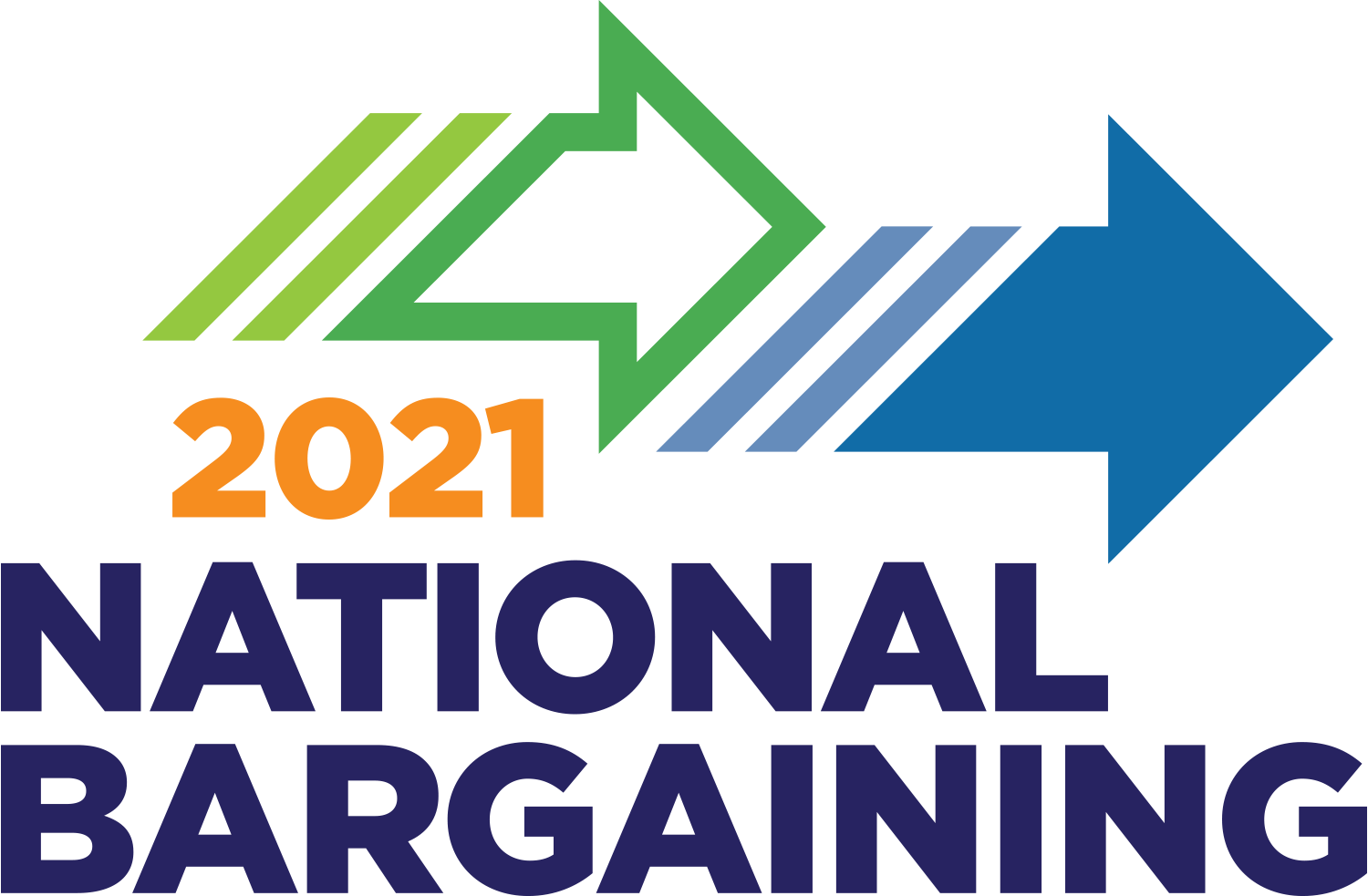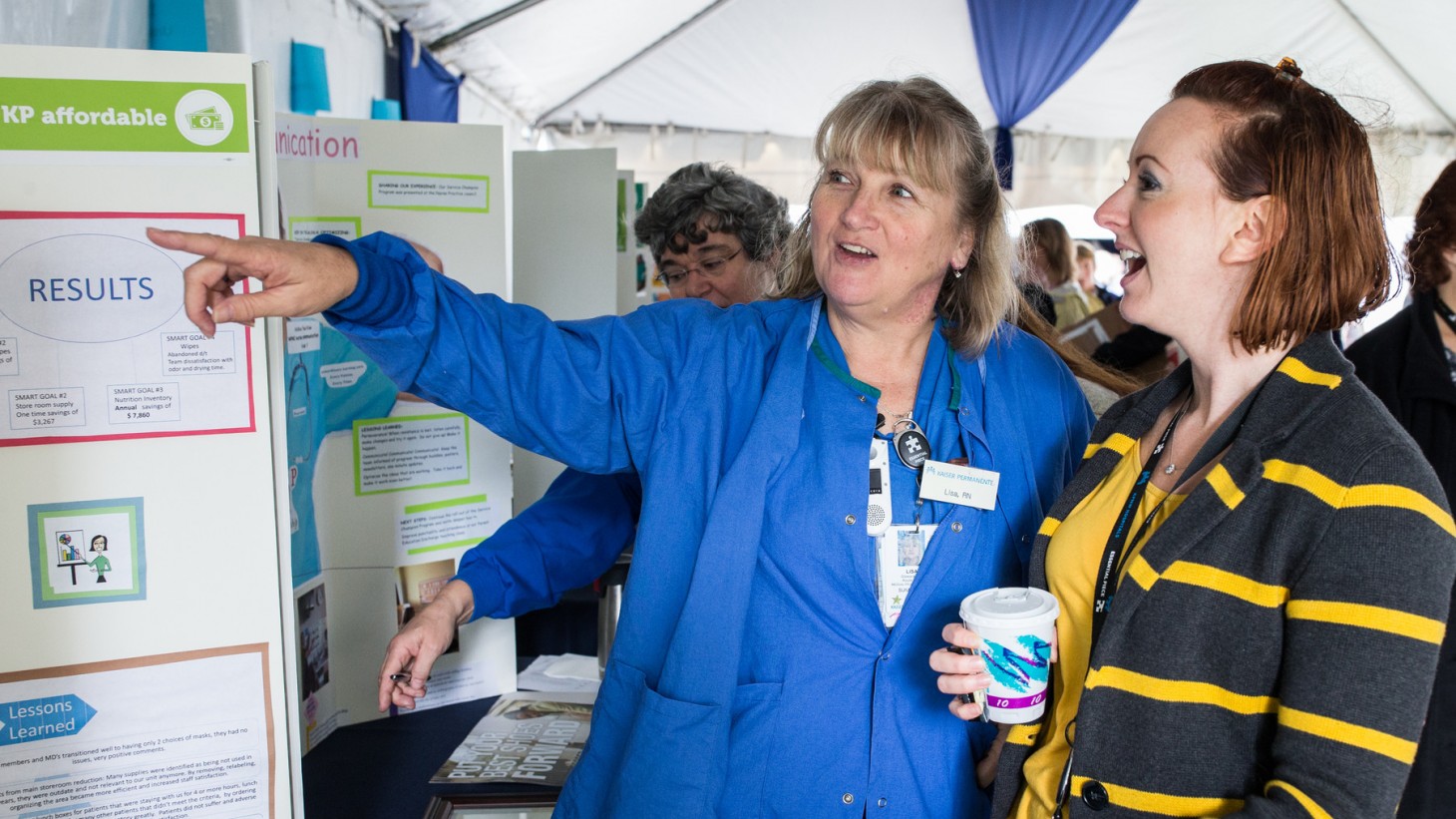How-To Guide: UBT Fair in a Box
"The objective of the fair was to engage frontline staff and show them how much improvement can come from UBTs. The response was enthusiasm, curiosity, and a willingness to get involved from the frontline staff, and also from managers and physicians."— Christie Lopez-Batiste UBT consultant, South Bay Medical Center (Southern California)
UBT fairs are a dynamic, engaging forum for spreading successful practices and sharing ideas. Throughout Kaiser Permanente, regions and facilities are discovering that UBT fairs help inspire teams to take on new performance improvement challenges.
The fairs bring together teams and co-leads from different parts of the organization—inpatient and outpatient, clinical and “back office,” night shift and day shift—to celebrate successes and accelerate change as unit-based teams advance along the Path to Performance. The fairs complement the other ways that teams share successful practices, such as UBT Tracker and LMP print and online communications.
Mounting a UBT fair is a lot of work, but it’s worth the effort—and no facility needs to start from scratch. Download the UBT Timeline and Planning Guide to get started, check out what other regions and facilities have done to plan fairs to get your own ideas flowing, and take advantage of the materials posted here to speed you on your way.
Benefits of UBT Fairs
- For senior leadership, UBT fairs are an opportunity to reward and recognize high-performing teams, interact with team co-leads in a relaxed setting, and show support for the goals of the Labor Management Partnership.
- For team co-leads, UBT fairs are an opportunity to showcase their successful tests of change and improved performance as well as model partnership behaviors. They provide a chance to communicate these successes in a succinct and compelling way, inspiring and motivating their co-workers.
- For all employees and managers, UBT fairs provide a chance to see how the teams are helping meet their region’s goals, become inspired to be more active in their teams’ improvement efforts, show support for colleagues throughout their organization, and get ideas for improvement projects.

